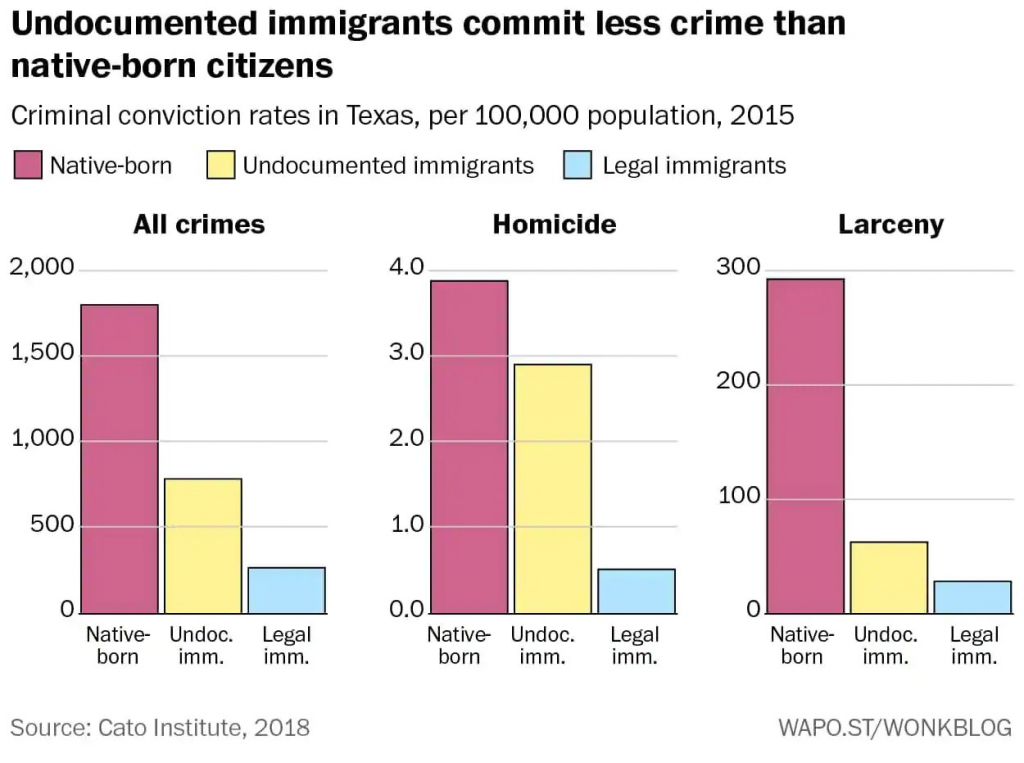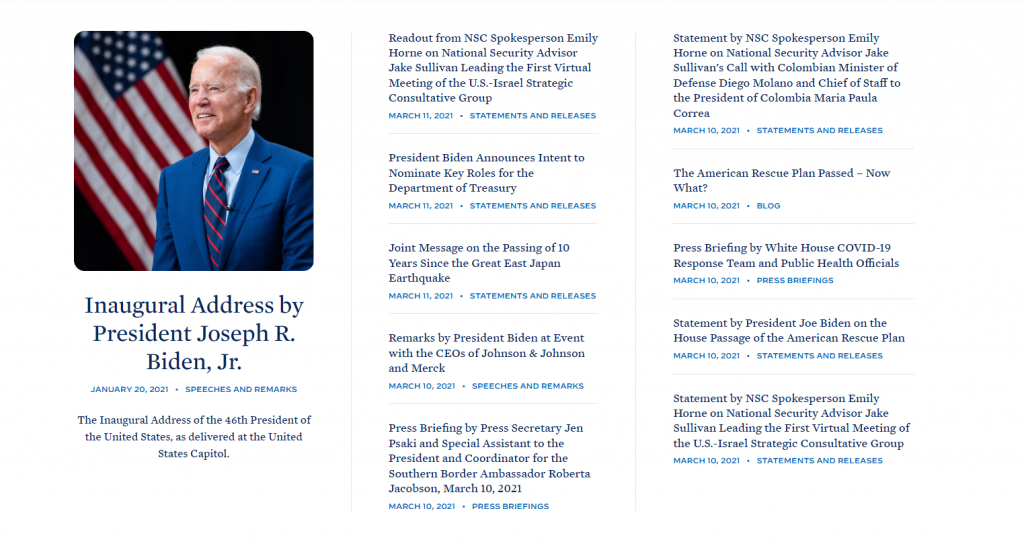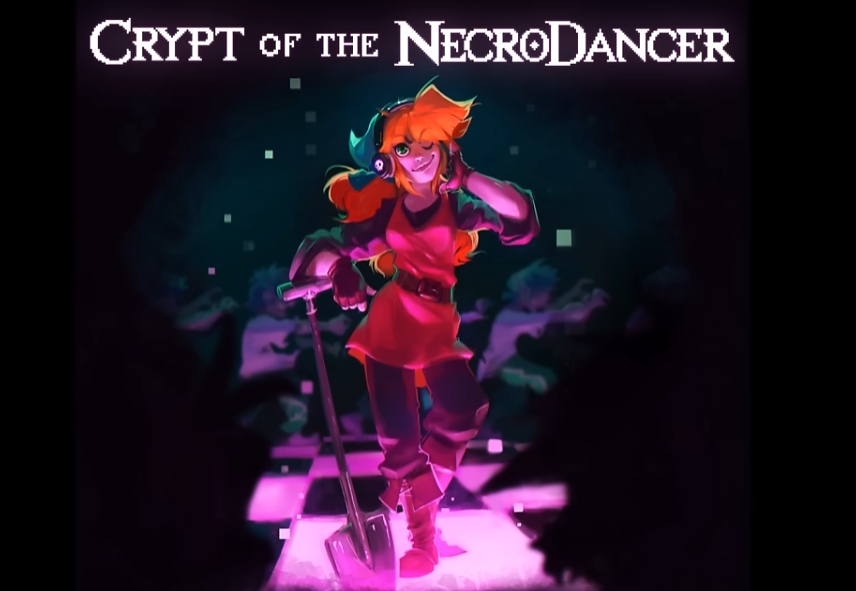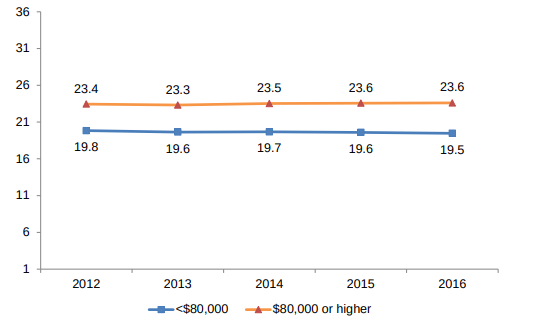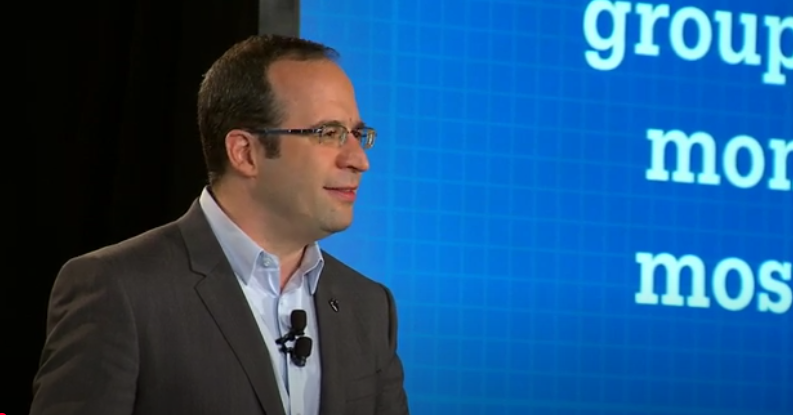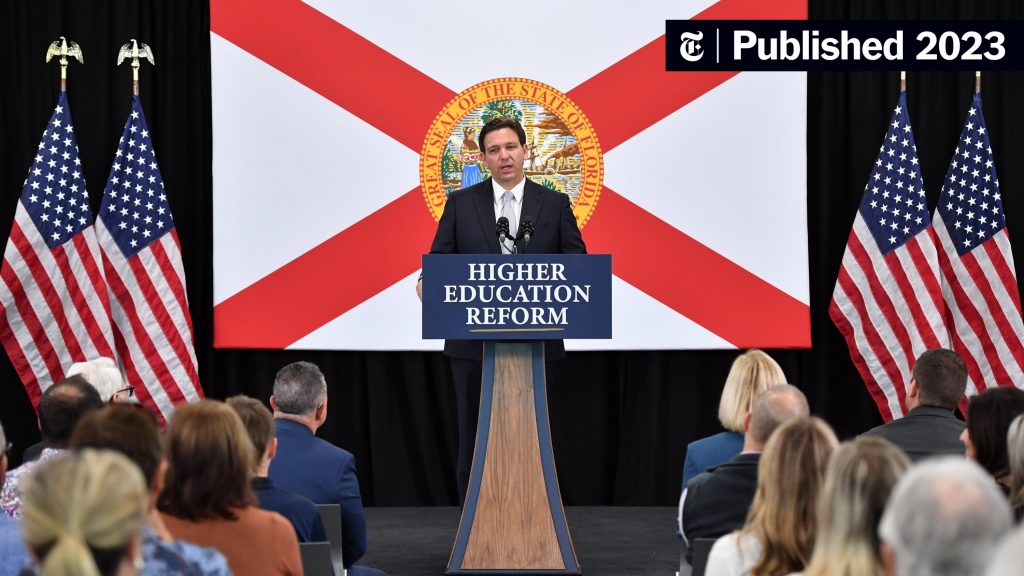Picking up a book called Chainsaw Man, you could assume that it’s just silly. I remember when I began reading, I thought it’d just be a fun story that some dude dreamt up in a fever dream and decided to make happen. What I was pulled into was much more than that, and even just the first chapter defied my expectations. It set the stage for a tale of tragedy and loss, personal struggle and above all else, a desire to be loved. Having caught up with the manga, my heart’s been twisted, stabbed, healed, happy, confused, lonely, and everything in between, but how could somebody make all of that happen in a story about a guy with chainsaws? Let’s look at the author.
Tatsuki Fujimoto’s storytelling is considered some of the best that manga has to offer, and it is with good reason. Throughout his career, he’s made powerful and hard-hitting stories like the existential Fire-Punch and the artistically complex Look Back, and it’s safe to say that he utilized all of his storytelling skills in his ongoing series Chainsaw Man.
I’ll assume you’ve read or watched some Chainsaw Man and understand the premise, and many people who have tend to have one key takeaway; Denji’s motivation is shallow. I mean, he just want’s to feel the touch of a girl, isn’t that kind of weird?
It is weird, but there is absolutely so much that has come to manifest that goal of his. Denji had never felt love before- not from his family, he had no friends, had never been with a girl, and lived alone with Pochita. That’s all the love he had ever felt, and he was clearly desperate to feel valued by somebody, anybody. When Makima first took him under her wing, he felt cared for and that’s why he was madly obsessed with her. Not because she was attractive, but because he had a basic human desire to finally be safe.
Denji’s background is what made the Reze Arc movie hit so, so hard. I went to see this movie (3 times) and it left nothing to be desired and, like many others, the film left me speechless and hurt.
The Reze Arc was the story of two innocent lives made to be weapons, forced to fight one another.

Denji and Reze fell in love, thoroughly enjoying every moment of time spent together. Reze teaches Denji to swim, and he can’t stop thinking about her. Even after the two brutally fight, blowing through the city and endlessly hurting one another, they still wanted each other. Denji still wants her love even after they both wake up on that beach post-fight, and Reze makes a last minute decision to turn back from the train out of Tokyo to go see Denji.

It’s foreshadowed through the metaphor of a spider and butterfly that Reze is trapping him through manipulation and deceit. Despite her mission to trap him, she is genuinely having fun- so much so, that she forgets her mission right up until she has to fight the serial killer that’s after Denji’s heart. She’s painfully reminded of what she was made to do.
Denji is oblivious to Reze’s goal of killing him, and right up until the end of the movie, it’s hard to tell if she even wants to. After their fight unfolds, it’s revealed by Kishibe that Reze was raised in the Soviet Union, victim to a life of being experimented on by the military that most thought to be a fairy tale meant to scare kids. She was designed to be a weapon- the military having drained her of all of her innocence and liveliness.
This upbringing sounds very similar to Denji’s. A teenager working for the government, raised to be a thoughtless weapon that didn’t get to experience that joys that life had to offer. That life is reflected in her last line: “Truth is… I’ve never gone to school either.”
When that line was delivered, I think I heard somebody begin sobbing in the bottom row and honestly, I was close to tears too.
Back to Denji and his mission to feel love, though, this was another slap in the face to him. He was under the impression someone loved him for who he was, but it all turned out to be another instance of him being solely valued for his chainsaws. Ryan Colt Levy, the English VA for Denji, said that his favorite line to deliver was an important one; “Every woman I meet tries to murder me!! Everybody’s after my Chainsaw heart! What about my heart?! Denji’s! Does nobody want that?!“

Denji shouted this after having gained conscious from Reze stabbing him and ripping his tongue out, and this has been his ongoing frustration through every. single. relationship. Makima exploited him because she wanted to see The Hero From Hell. Reze lured him into a trap to kill him because he is Chainsaw Man and she needed his heart. And just now, Yoru and Asa have mostly showed interest in him because he is Chainsaw Man. They grew to like him, but Denji can not seem to just find someone who loves him for who he is.
It’s easy to dismiss Denji as an incel. And a gooner. And a degenerate. But here’s the thing.
- Denji just wants human connection
From the beginning, since he met Makima, he loved the way that he treated her like a human being. He had never been seen as one before, and that treatment was validating to him. That validation is why he set his heart out on her, not her looks.
He turned down Himeno’s ask for intercourse and was truly just grateful to have a real friend. She had been the first person to open herself up to him and let him be honest to her in return. That’s why he was so pissed in his fight with Katana Man- he wanted revenge for his first real friend.
In Denji’s relationship with Power, he understood that girls weren’t inherently sexual. He saw her as a sibling, living day to day with an earnest care and lover for her that wasn’t romantic. Denji even questioned why that was, but accepted that he just cared for her.

- Denji often questioned himself, and most notably, questioned his own humanity.
Throughout his journey, Denji worried about himself. On his date with Makima, especially, he began to wonder if being a devil hybrid began to make him lose his humanity because he didn’t feel from the movies they saw. When Makima told him he had one, that deepened his love for her. She knew how to make him feel human.
That is why Denji is misunderstood. Because beneath all of the sexual humor and seemingly shallow motives, Denji wants more than anything to be recognized as a human being.
Makima made him feel human and then tore it all down, having planned to emotionally ruin him from the beginning.
Reze made him feel loved and then literally stabbed his heart, blowing him through buildings with the intention of taking his heart, purely for the chainsaw devil.
Yoru is actively looking for ways to obliterate the Chainsaw Devil, and as its host, Denji is involved. Thus, he’s thrown through even more trauma, pain, and heartbreak to resolve more conflicts beyond his control.
Denji is criminally misunderstood and while obviously he as a person has flaws, I think I’d be going through it, too, if I had my heart constantly broken and I was in pain constantly. His weakness is that he’s naive, and the Mafia boss was right that Denji is like a dog. Though, he’s a dog in the sense that he loves unconditionally, even when it’s naive.
Denji needs the bare minimum. He needs to be told it isn’t his fault. He needs to be told he is loved. And he needs a damn hug.




